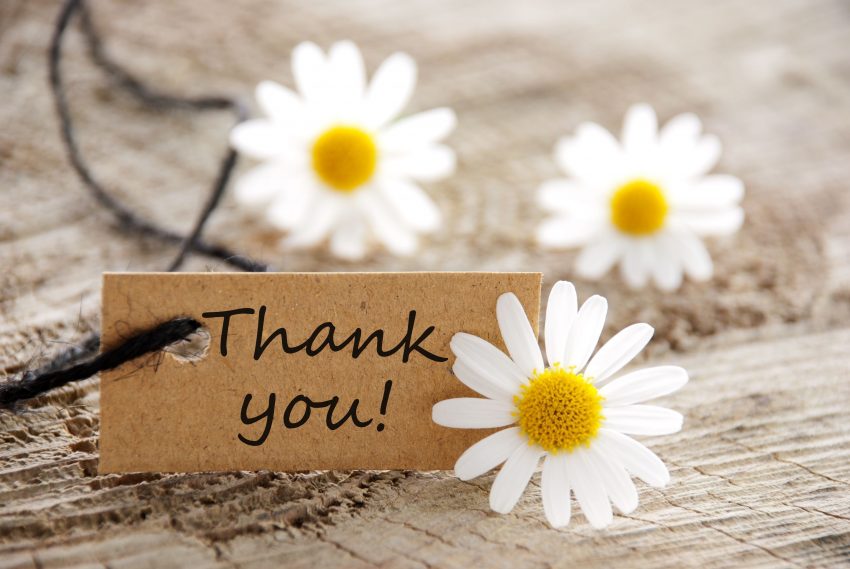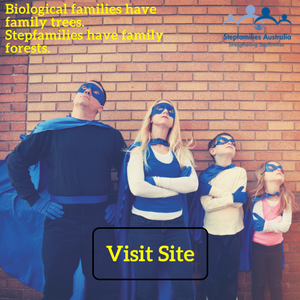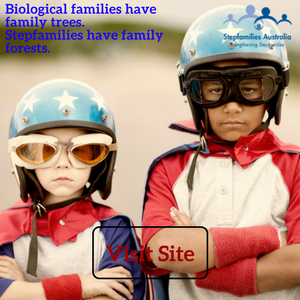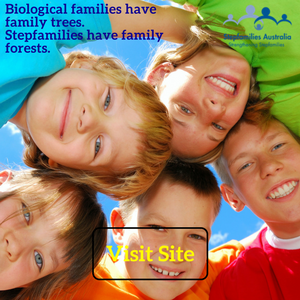Mother’s Day is just one of 365 days we can use to honour and acknowledge the role of all women and female carers—mothers, stepmothers, grandmothers, guardians, aunties, and others who offer love, time, and care to children across Australia. Much of their work is unpaid, often invisible, but absolutely vital to the wellbeing of the next generation.
Contemporary families come in all shapes and forms—blended, single-parent, kinship, adoptive—and they each carry unique stories. Biology isn’t the only thing that makes a mother. Care does. Love does. So does presence, persistence, and commitment through change.
That’s why we believe it’s time to broaden our lens. Because family life in Australia is evolving, and many people are quietly showing up in roles that deserve recognition, even if they don’t come with official titles.
The Role of Stepparents
There are an estimated 300,000 children in Australia who live with a stepparent. Most stepparents begin as strangers—people who step into complex family dynamics with care, patience, and hope. With time, effort, and love, many grow into trusted and stable figures in children’s lives.
How do we honour the tens of thousands of Australians who take on this responsibility without always receiving the recognition that biological or legal parents do?
What About Mother’s Day?
Every year, we’re contacted by stepmothers in the lead-up to Mother’s Day asking things like:
“What should I expect?”
“Should I say anything?”
“Will anyone acknowledge my role?”
These are big questions. And while there’s no one-size-fits-all answer, there are some compassionate guiding principles.
First, no child should be forced to thank or acknowledge a stepparent. But biological or primary parents can gently encourage appreciation, especially when a caring adult has had a meaningful presence in a child’s life.
Even small gestures—a call, a card, a text—can mean the world.
When children are making cards at home or in school, it’s important that teachers, carers, and parents help them include “other” family types too. Kids in blended or stepfamilies shouldn’t feel left out of the celebration—or unsure of how to participate.
Some Mother’s Day card messages could say:
-
“We have our own special step relationship, and for that you deserve a special card today.”
-
“Many women can be mothers, but it is just as special to be a stepmother.”
-
“Dear Stepmum, it hasn’t always been easy, but I thank you for being there for us even when things were hard.”
-
“I know you’re not ‘technically’ my mother, but without you I wouldn’t be who I am today—and for that I thank you.”
And if an in-person thank-you isn’t possible? A phone call, a message, a social media post, or even a simple handwritten note is enough to make someone feel seen.
Every Day Counts
Mother’s Day is a moment to reflect, but it shouldn’t be the only time we show gratitude for the women who care for us. That’s why at Stepfamilies Australia, we’re encouraging families to take up the message of #365Mothers—because care doesn’t clock off after a single Sunday in May.
Our work brings us into contact with incredible women navigating complex roles with love and grit. We hear their stories, we see their efforts, and we champion their right to be acknowledged.
Visit www.stepfamily.org.au for articles, tips, resources, and support designed to help stepfamilies thrive. You’ll find practical guidance and uplifting insights that support the best outcomes for children, parents, and stepparents alike.
So, here’s a question to end on:
Who in your life deserves thanks—not just on Mother’s Day, but every day of the year?
Let’s start saying it more often.
You might also like to read:









